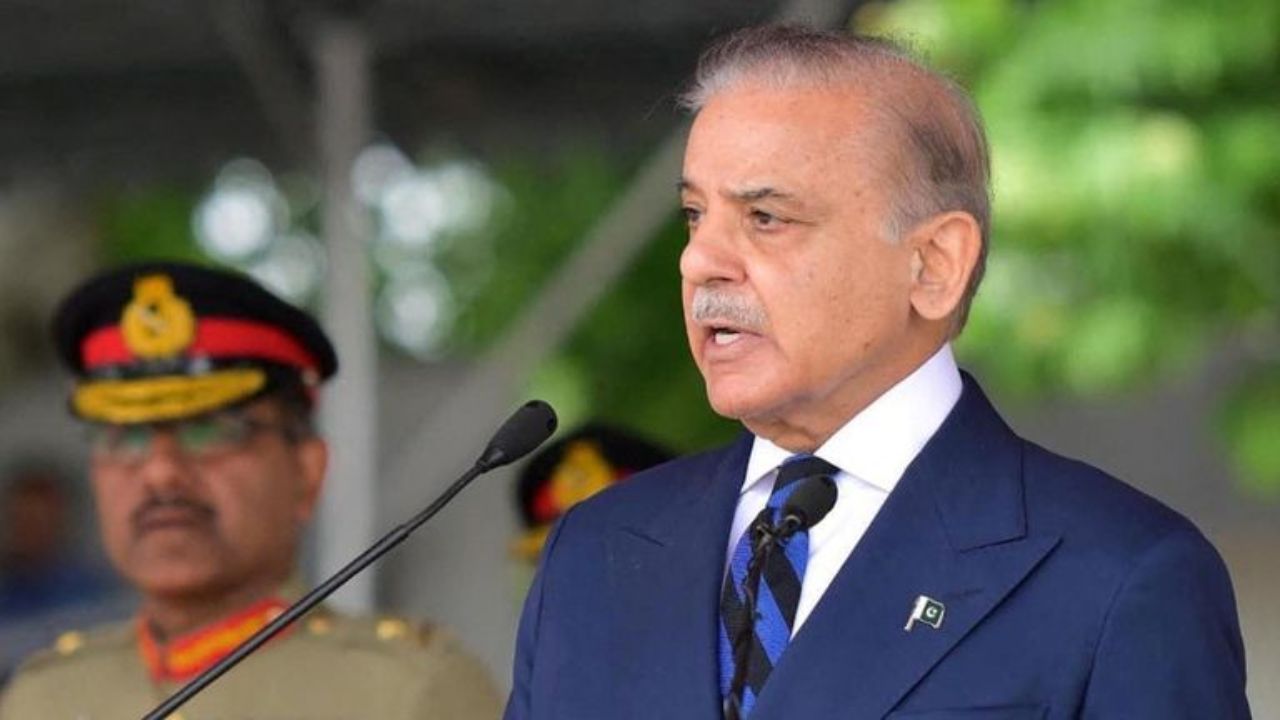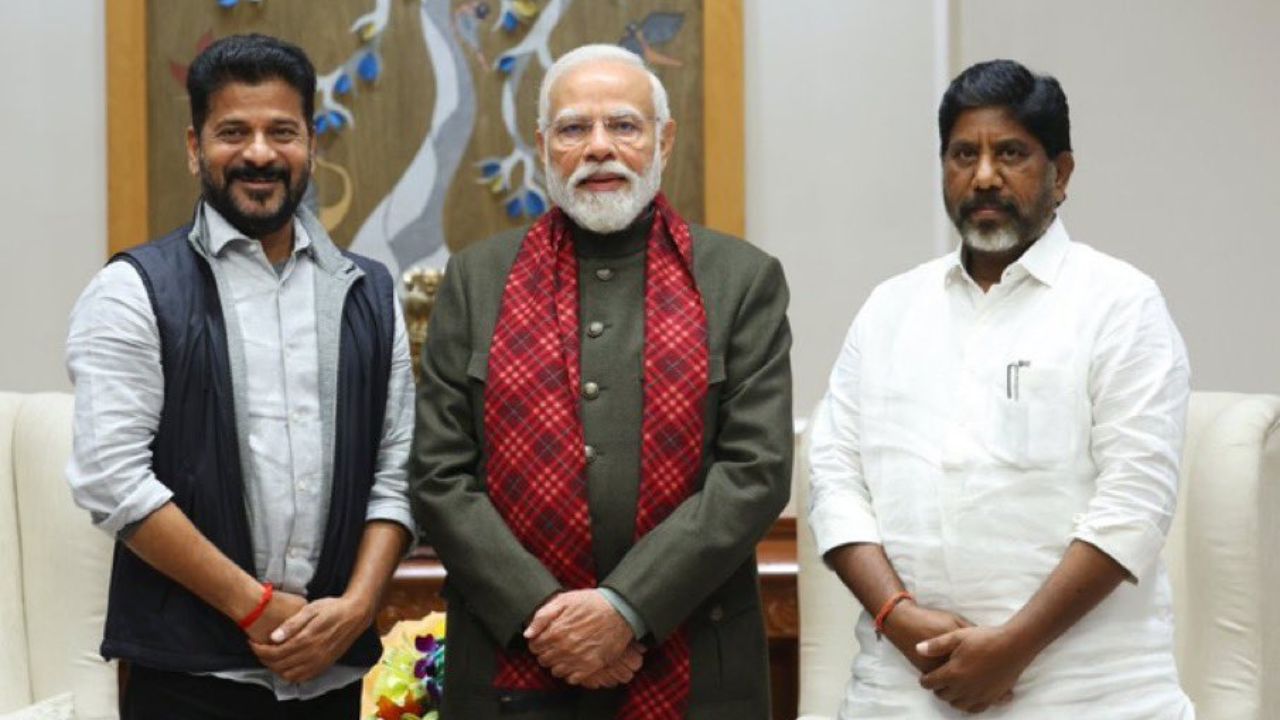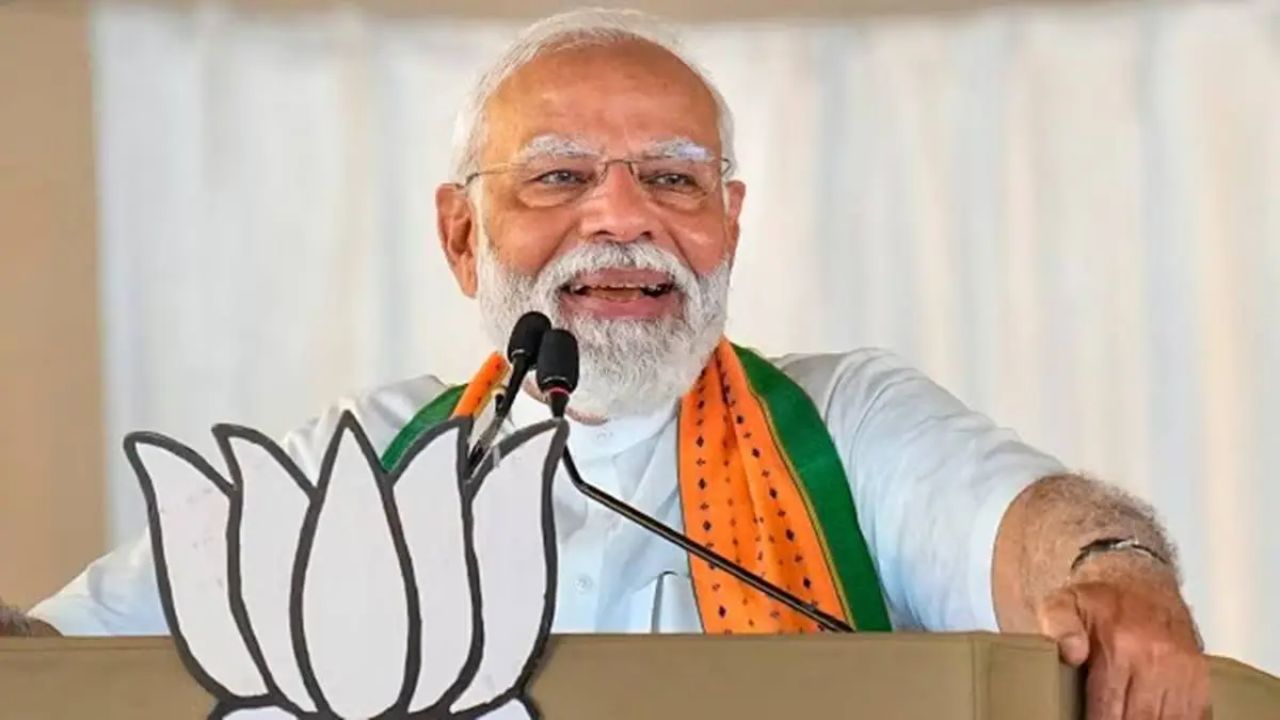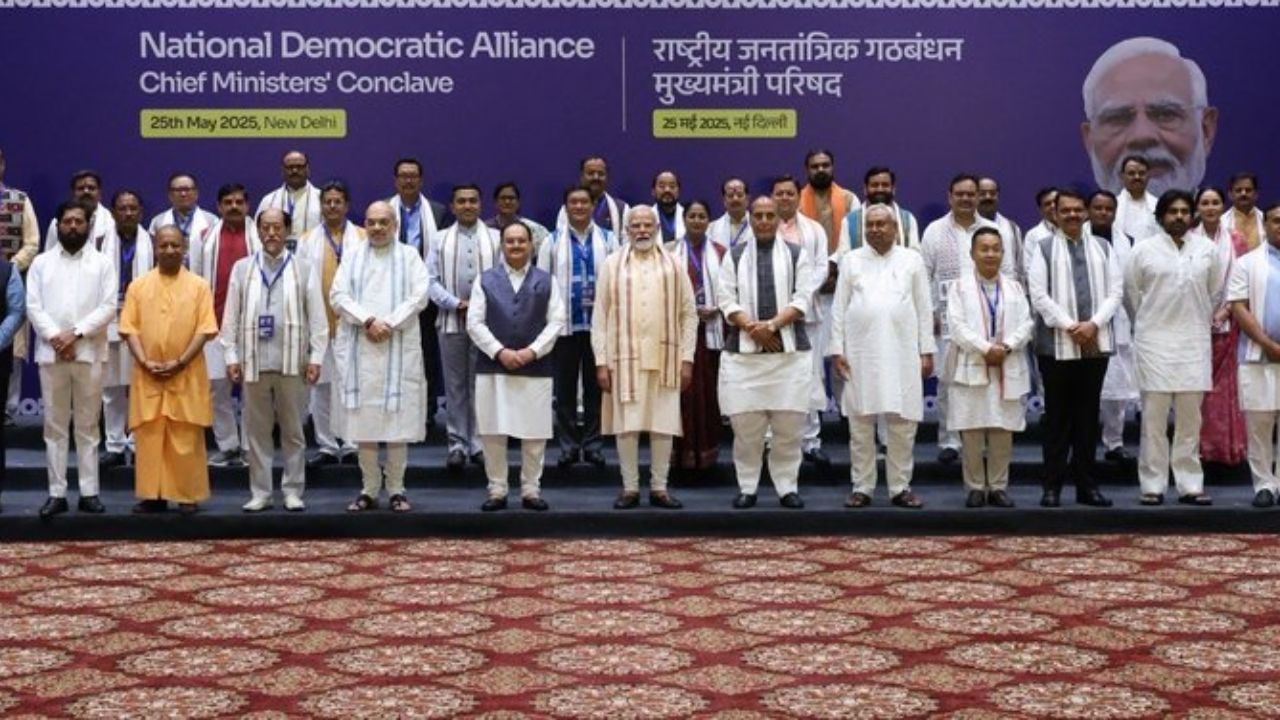Uttarakhand government approves UCC rules, implementation scheduled after local body elections
Uttarakhand's Pushkar Singh Dhami-led Cabinet approved key provisions for the implementation of the state's Uniform Civil Code (UCC) on Monday. These provisions include Tatkal registration, door-to-door services for remote areas, and a state-wide mock drill
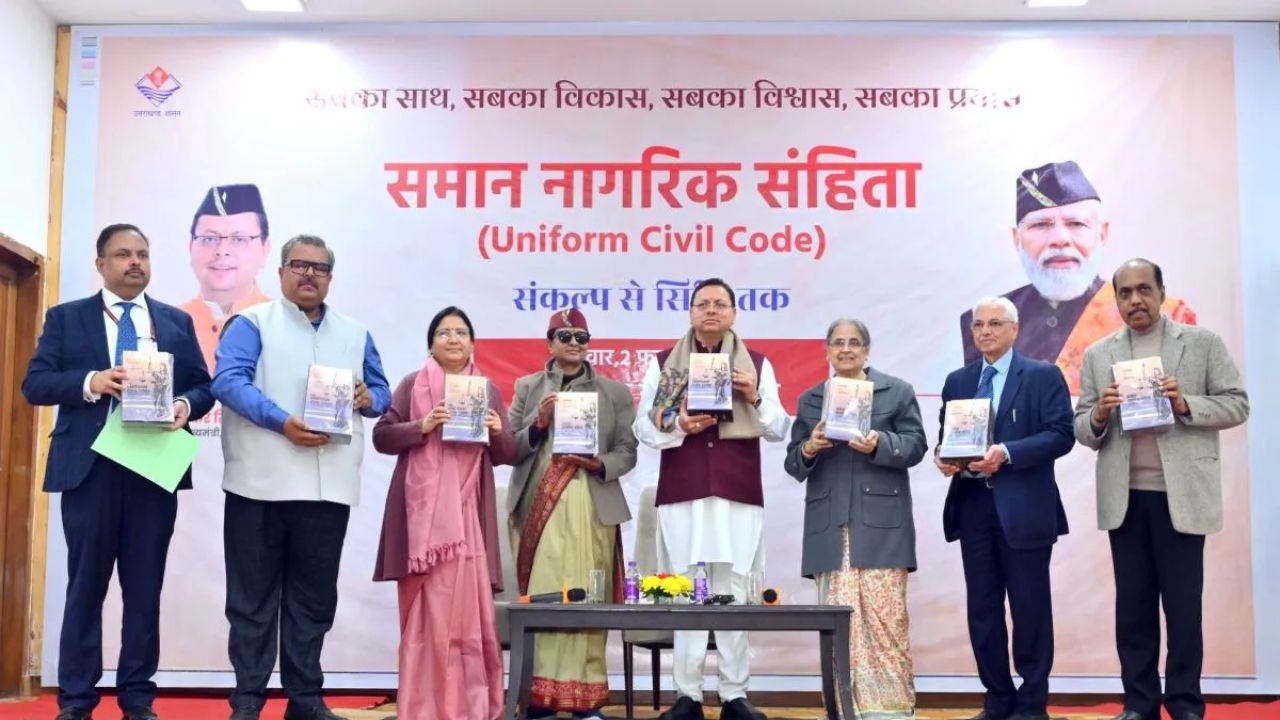
Uttarakhand’s Pushkar Singh Dhami-led Cabinet approved key provisions for the implementation of the state’s Uniform Civil Code (UCC) on Monday. These provisions include Tatkal registration, door-to-door services for remote areas, and a state-wide mock drill set for January 21. Despite these steps, the decision has faced sharp criticism from the opposition Congress, which claims it violates the Model Code of Conduct in place for the upcoming local body elections.
Sources confirmed that the rules manual for UCC, which was approved by the Cabinet, is expected to be formally announced after Thursday’s elections. Training for officials is nearing completion, and Uttarakhand is set to become the first state in India to implement the UCC once these provisions are rolled out.
Chief Minister Pushkar Singh Dhami, addressing the media after the Cabinet meeting, reiterated the government’s commitment to UCC, stating, “We announced in 2022 that the implementation of the UCC would be our priority after the formation of our government. The committee prepared the draft, which has been passed with the President’s assent. We are in the final stages of training, and we will soon announce the implementation dates.”
Since January 13, the Uttarakhand government has been training officials on how to use the UCC portal, which includes Aadhaar-based verification, AI-based translation services for 22 languages, and integration across over 13 departments and services, such as birth and death registrations, district and high court services, and more. The portals are cloud-based, with disaster recovery systems in place to ensure seamless service delivery.
A notable provision is the introduction of separate fees for expedited registration under the Tatkal service. The UCC also simplifies the process for registering and terminating live-in relationships, with termination requests requiring confirmation from both partners. Additionally, the portal allows for online registration, modification, or revalidation of wills under testamentary succession.
Training efforts are being ramped up to ensure successful implementation. A state-wide mock drill will take place on January 21, and the government plans to train 10,000 Village Development Officers (VDOs) under the Common Service Centres (CSC) scheme by January 24, 2025. Nodal officers have been appointed at the district level, and a dedicated helpline has been set up to address portal-related issues. Legal queries will be directed to district-level prosecution department officers.
In regions where internet access is limited, Common Service Centres (CSCs) will provide door-to-door services. These agents will ensure that citizens, particularly in remote and mountainous areas, can still access UCC services. To further facilitate local access, Village Panchayat Development Officers have been designated as sub-registrars in rural areas to offer registration services at the community level.
The UCC portal provides a wide range of services, including marriage and divorce registrations, live-in relationships, termination of live-in relationships, intestate succession, testamentary successions, appeal submission for rejected applications, and complaint registration. The portal allows three stakeholders to log in: citizens, service center staff, and officials, with Aadhaar required for registration.
The expert panel that drafted the UCC rules was headed by retired judge Ranjana Prakash Desai. Based on its report, the Uniform Civil Code Bill, 2024, was passed in the state Assembly on February 7, 2024, and was officially notified on March 12, 2024, after receiving the President’s assent. Although the government initially aimed to have the UCC in place by November 9, 2024, to coincide with the state’s 24th Foundation Day, the rollout was delayed due to the incomplete training of staff.
In response, the Congress party wrote to the state Election Commission, accusing the ruling BJP of violating the Model Code of Conduct by approving the UCC rules during the election period. The Congress letter condemned the decision as unconstitutional, alleging that the government was using the UCC rollout to influence voters. It called for immediate action from the Election Commission to halt these actions, describing the approval as a direct violation of democratic principles and the Model Code of Conduct.


